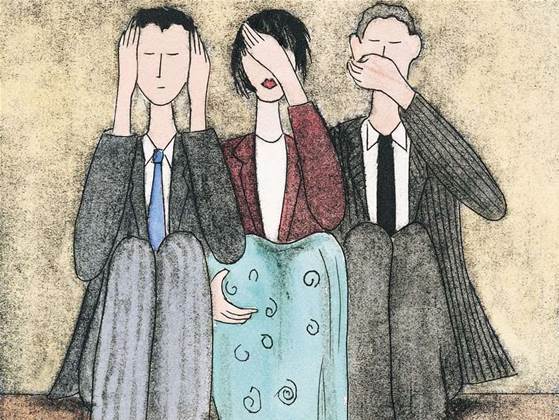Speaking to iTnews, Linton also clarified calculations purportedly by technical director Steve Waddington on the Exetel forums that mandatory internet filtering would cost about $6 per user to implement.

The real figure could be as little as 15 cents per user, if NetClean technology was used, Linton revealed.
"The hardware to do this is something less than $40,000 and the software licenses probably add another $15,000. A few other bits and pieces also need to be added - so say $60,000 total cost [to the ISP]," Linton said.
"The $6 figure is divided by the 10,000 users we think would like to do this if it were opt-in.
"If it were mandatory for our somewhat less than 100,000 users, the cost per user would be more like 60 cents per year. Assuming the Government gives ISPs the hardware - which I think they'd have to - then we're talking 15 cents."
Linton also said he did not believe that launching a ‘clean feed' service would be a commercially viable proposition for Exetel.
"I wouldn't sell it because I'd be the first person to say it probably wouldn't work," Linton said.
"I think the average 12-year-old knows how to proxy and there's no magic bullet in the [NetClean] Whitebox technology that prevents someone from proxying past it."
Linton said the main commercial opportunities for ‘clean feed' ISP services were in public schools that want to institute filtering; from Parent-Teacher Associations (PTAs) that want to offer clean internet services to parents of children at private schools; and in public libraries.
"These are widely canvassed commercial opportunities," Linton said. "They're no secret".
But their existence isn't enough to persuade Exetel - and especially Linton - to go down the commercial filtering path.
Linton is a staunch opponent of internet filtering in Australia. He said he wanted to see the Government "backed into a corner" to the point that they are forced to rethink and abandon the policy.
"They've rethought everything else," Linton said.
Linton also responded to heated discussion over the 20,000 ‘hits' recorded on filtered URLs in the five-day trial.
Several posters to iTnews' and Whirlpool's forums had questioned whether Exetel had a "moral obligation" to switch the filters back on to catch surfers that had tried to access alleged child pornography materials.
"Last time I looked I'm not a government employee. I don't have knowledge of the various acts [of law] but I'm pretty sure you can't maintain logs of people's surfing habits and seek them out," Linton said.
He also did not believe his blog post would invite greater scrutiny from law enforcement agencies to catch would-be offenders - but said he would cooperate fully if they did get involved.


_(28).jpg&h=140&w=231&c=1&s=0)

_(23).jpg&h=140&w=231&c=1&s=0)
_(33).jpg&h=140&w=231&c=1&s=0)





 iTnews Benchmark Awards 2026
iTnews Benchmark Awards 2026
 iTnews Executive Retreat - Security Leaders Edition
iTnews Executive Retreat - Security Leaders Edition
 iTnews Cloud Covered Breakfast Summit
iTnews Cloud Covered Breakfast Summit
 The 2026 iAwards
The 2026 iAwards












_(1).jpg&h=140&w=231&c=1&s=0)



